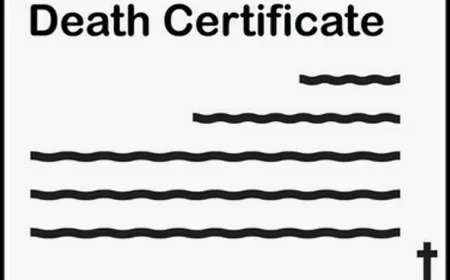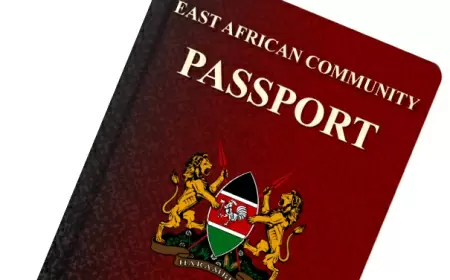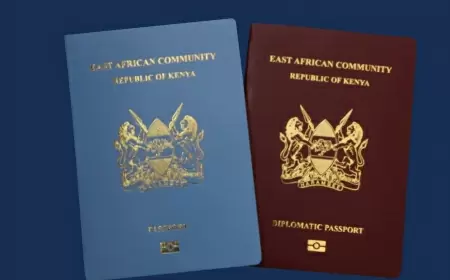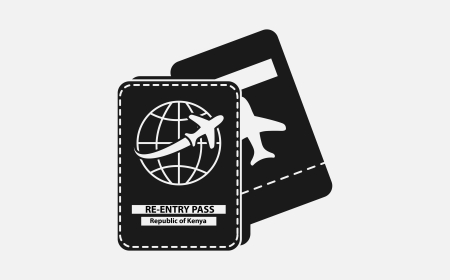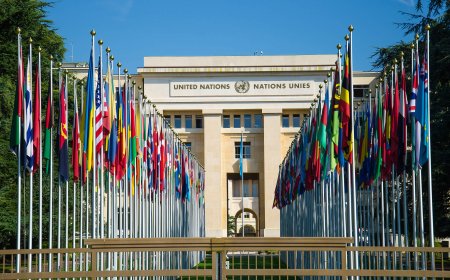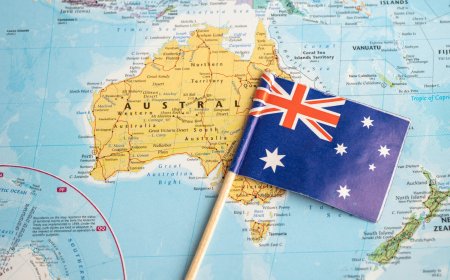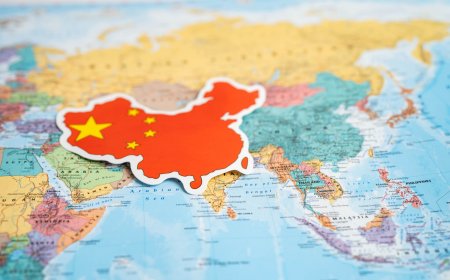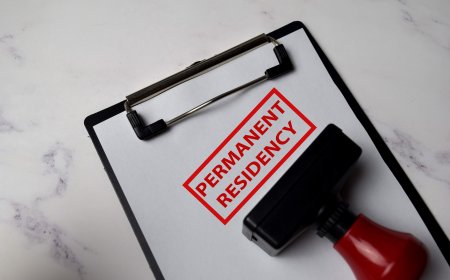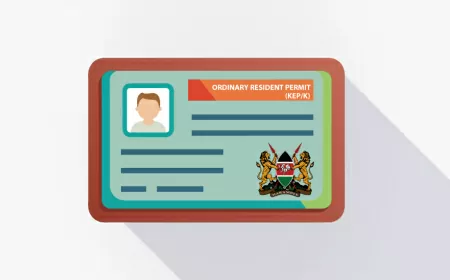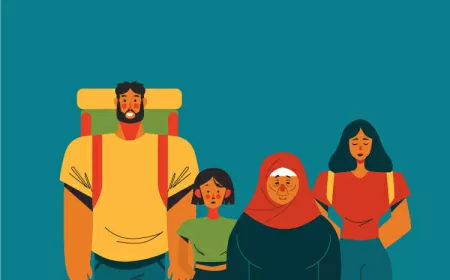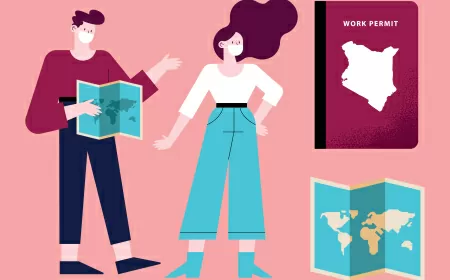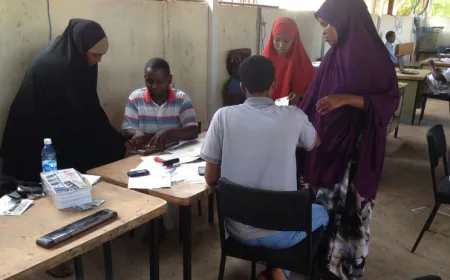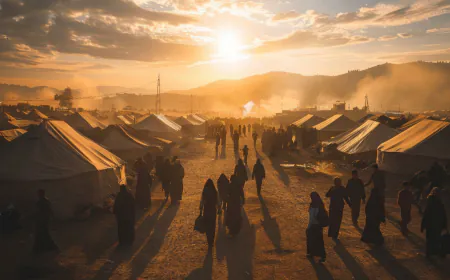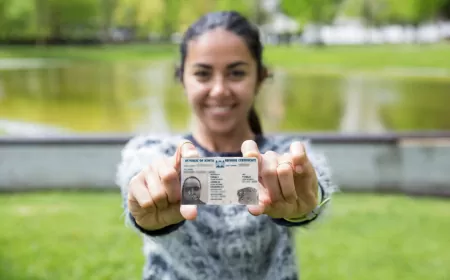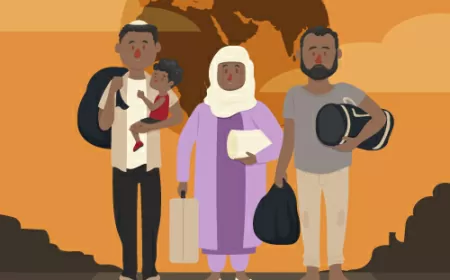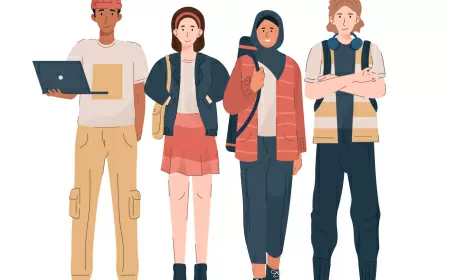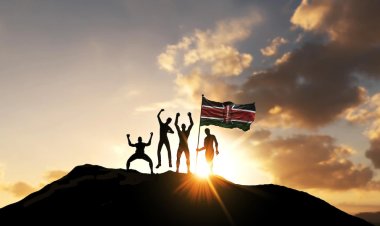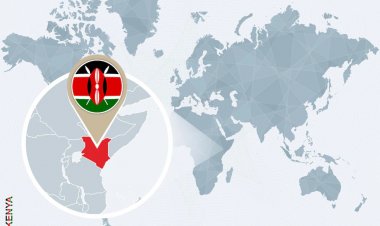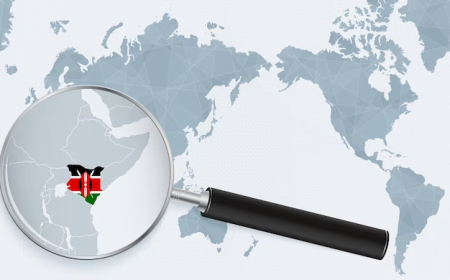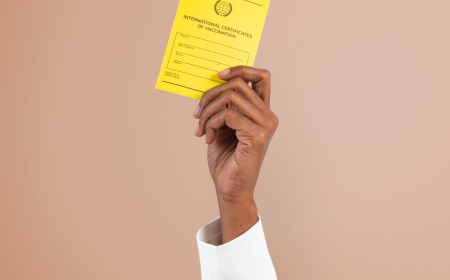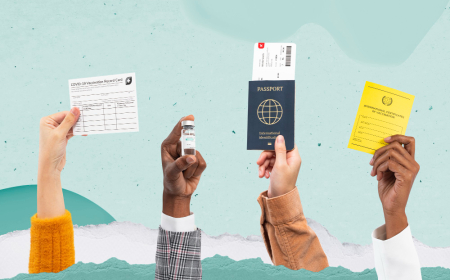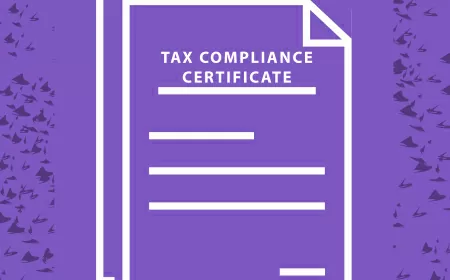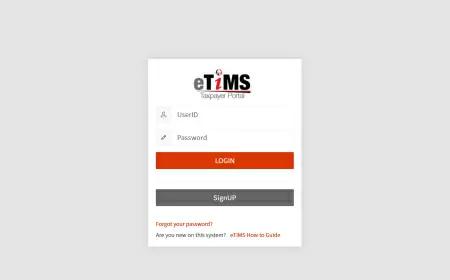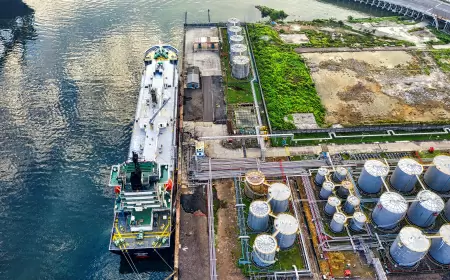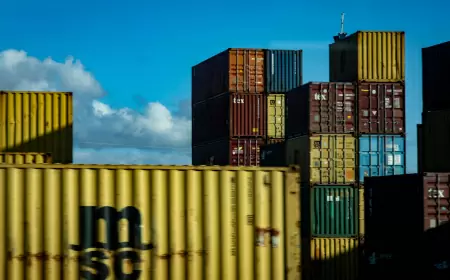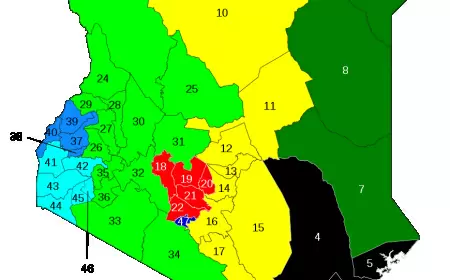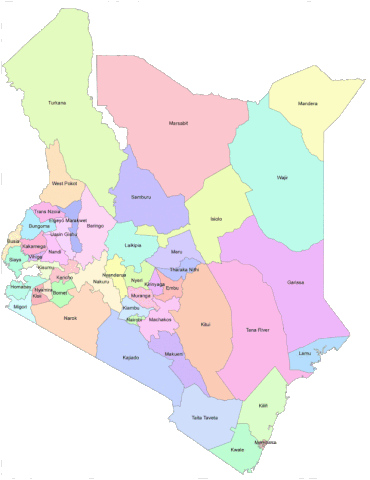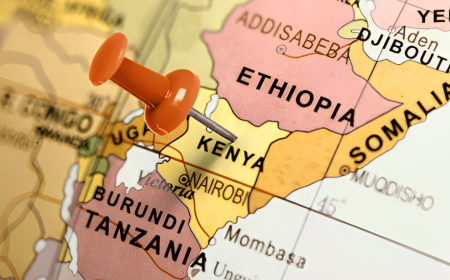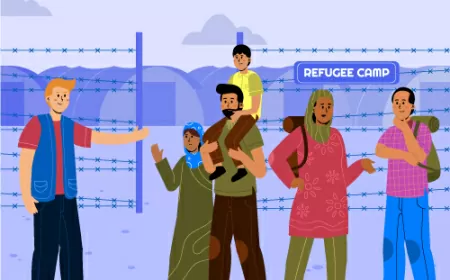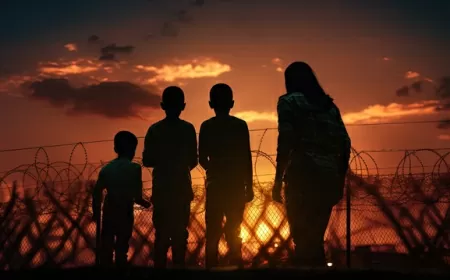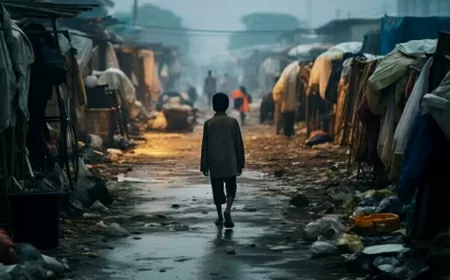Rights and Duties of Refugees and Asylum Seekers in Kenya
Refugees and asylum seekers in Kenya have specific rights and duties outlined by Kenyan law and international laws. It is important to understand these to ensure the proper treatment and support of displaced populations. In this article, we highlight the rights and obligations of refugees in Kenya.
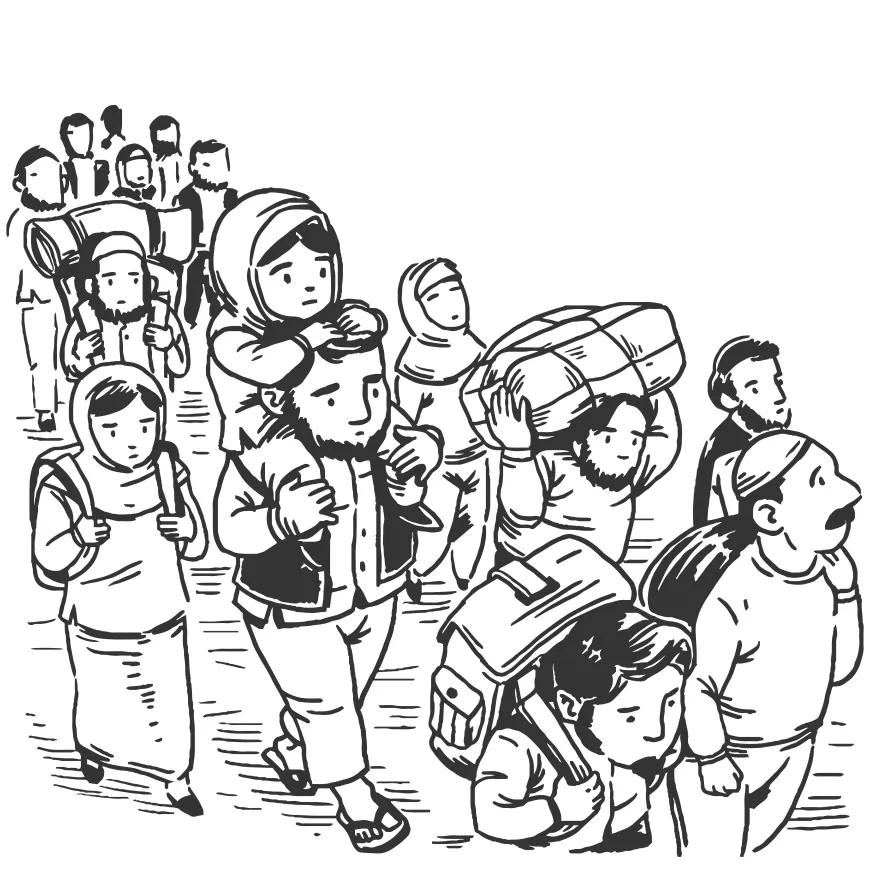
-
Rights and Obligations of Refugees and Asylum Seekers
The Kenyan government has established a comprehensive framework for the rights and duties of refugees and asylum seekers within its borders.
This framework is based on international conventions and local laws, ensuring a balanced approach to refugee management.
Some of the key points of this framework include:
- Legal Basis: Refugees and asylum seekers are subject to rights and duties outlined in the UN Convention, its Protocol, the OAU Convention, and all applicable Kenyan laws.
- Refugees Designated Areas: Specific counties have been designated to host refugees, and transit centers have been established for temporary accommodation.
- Economic Integration: Kenya aims to enable refugees to contribute to the country's economic and social development by facilitating access to necessary documentation at both national and local government levels.
- Employment Rights: Refugees have the right to engage in gainful employment, enterprise, or practice a profession, provided they hold recognized qualifications.
- Identification Documentation: Refugees and asylum seekers are entitled to identification and civil registration documents, which are sufficient for accessing rights and services under Kenyan law.
- East African Community Benefits: Refugees from Partner States of the East African Community may voluntarily relinquish their refugee status to enjoy benefits under the Treaty for the Establishment of the East African Community.
This framework demonstrates Kenya's commitment to upholding international refugee standards while also integrating refugees into its economic and social fabric.
-
Obligations of Refugees and Asylum Seekers
Refugees and asylum seekers in Kenya have several important obligations.
- Refugees and asylum seekers must register with the Commissioner of Refugee Affairs and obtain the necessary identification documents. This registration process includes following the Commissioner's instructions regarding designated areas for their reception, transit, or settlement.
- Refugees are required to adhere to the laws of Kenya and maintain peace by avoiding any actions that could harm the country's welfare or national security.
- They also have a responsibility to integrate into Kenyan society by contributing economically and socially through employment or other ventures.
- Refugees should use resources and amenities provided to them responsibly and avoid activities that could negatively affect Kenya's people, resources, or environment.
-
What is the Principle of Non-Refoulement in Kenya?
The Refugees Act includes the principle of non-refoulement, which guarantees that a person is not denied entry into Kenya, nor expelled, extradited, or returned to a country where they might face persecution due to their race, religion, nationality, membership in a specific social group, or political opinion.
This principle also safeguards those whose life, physical integrity, or freedom could be endangered by external aggression, occupation, foreign domination, or events causing significant public disorder in part or all of their country.
However, this protection does not extend to refugees or asylum seekers who are considered threats to Kenya's national security or public order.
-
Voluntary Repatriation
Voluntary repatriation allows an asylum seeker the right to return to their country of nationality or habitual residence at any time by choice.
It is important to note that any actions or omissions that hinder voluntary repatriation are prohibited. Additionally, an asylum seeker who chooses to leave Kenya voluntarily must surrender all identification documents and permits obtained during their application for asylum or refugee status.
-
Protection of Vulnerable Groups
The Refugees Act outlines specific responsibilities for the Commissioner to safeguard vulnerable groups. Here are some key points to note:
- The Refugee Act mandates that special measures be implemented to uphold the dignity and safety of women and children seeking asylum while they are in reception areas, transit points, or settlement areas awaiting their asylum application decisions.
- The Act also requires that persons with disabilities, elderly persons, and traumatized asylum seekers receive continuous special protection throughout their admission and stay in Kenya.
Was this information helpful ?







